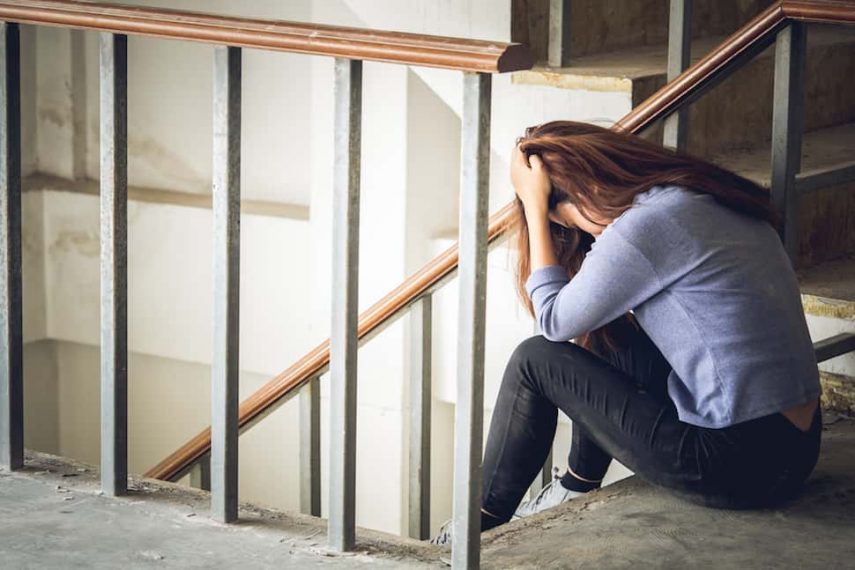5 Ways to Avoid Addiction Relapse
Science and research now tell us that addiction is a chronic illness. Like any other chronic disease—asthma, diabetes, hypertension—it must be treated over the long-term, and relapse is always a possibility. Relapse rates for substance use disorders are between 40 and 60 percent, which is comparable to chronic, medical conditions.
Because relapse is common does not mean that you shouldn’t work hard to prevent it. A drug or alcohol relapse not only undoes a lot of hard work, it can also be deadly. Relapsing can lead to a serious binge that causes an overdose. There are steps you, or someone you care about who is struggling, can take to prevent a relapse and its consequences.
1. Engage in Long-Term Addiction Treatment.
As with any chronic disease, recovery from substance use disorder is not a quick fix. One medication or one month of therapy is not enough to guarantee you won’t start using again. For a better long-term outcome and the tools you need to prevent a relapse, you must get involved with intensive treatment for an adequate period of time, followed by ongoing support.
Studies support the idea that engagement and participation in treatment help reduce the risk of relapse. For instance, astudy with over a thousand substance use disorder patients found that sustained recovery from drug use increased for every nine weeks an individual participated in treatment. Relapse rates also decreased in the study for patients who continued treatment with aftercare, including support group participation.
2. Identify and Know How to Manage Triggers.
A good treatment plan will teach you how to recognize triggers. These are the things that make you think about, crave, and ultimately use drugs or alcohol. Triggers can be very general, such as being around people who are using; this is one of the most common factors that trigger almost all people in recovery. Triggers are also specific and may include certain people or places. Emotions can be triggers, especially if you once used a substance as a coping mechanism for uncomfortable feelings or moods.
Therapy sessions can help you identify your exact triggers. A therapist can also train you in ways to better cope with these factors so that you don’t turn to drugs or alcohol if faced with something or someone that triggers a craving.
3. Build a New, Healthier Lifestyle.
The modern model of relapse prevention was developed in the 1980s by psychologists G. Alan Marlatt and Judith Gordon. Since then, there has been plenty of evidence from research to back up its basic ideas, including managing triggers to prevent relapse. The model also includes what are called global strategies, making big changes over the long-term in order to live a life that is healthier and free of substance use.
This is a long-term process, but when you work toward making big lifestyle changes, you reduce the risk of relapse. Positive changes include learning and using healthy coping strategies for stress and other negative emotions, identifying and managing mental illnesses, and developing positive activities such as exercise, meditation, or art.
4. Use Medications When Appropriate.
As addiction research evolves, medications have been developed that can help some patients manage cravings and avoid relapse. This is especially true for those struggling with opioid use disorder. Medications like methadone and buprenorphine, when used with supervision, can reduce cravings and urges to relapse. Naltrexone can be used to make taking an opioid pointless, as it blocks the effects of these drugs. For some people medications play an important role in recovery and relapse prevention.
5. Rely on Others for Support and Care.
Finally, it is important to recognize that going through it alone does not produce the best outcomes in recovery. Surround yourself with supportive friends and family, people who do not use drugs or alcohol, and those who really care about you. Take advantage of support groups for people in recovery, aftercare programs offered by the facility that provided you treatment, and even rehab alumni programs. Social support is a crucial factor that helps people resist relapsing and in recovering faster if a relapse does occur.
If you are in treatment or recovery from a substance use disorder, be realistic and know that a relapse may occur but also that you can take concrete steps to prevent it. In addition to these steps, make sure you have worked with your therapist or counselor to develop a relapse plan. This will tell you what to do if you do experience a relapse, so you can minimize the negative consequences.


